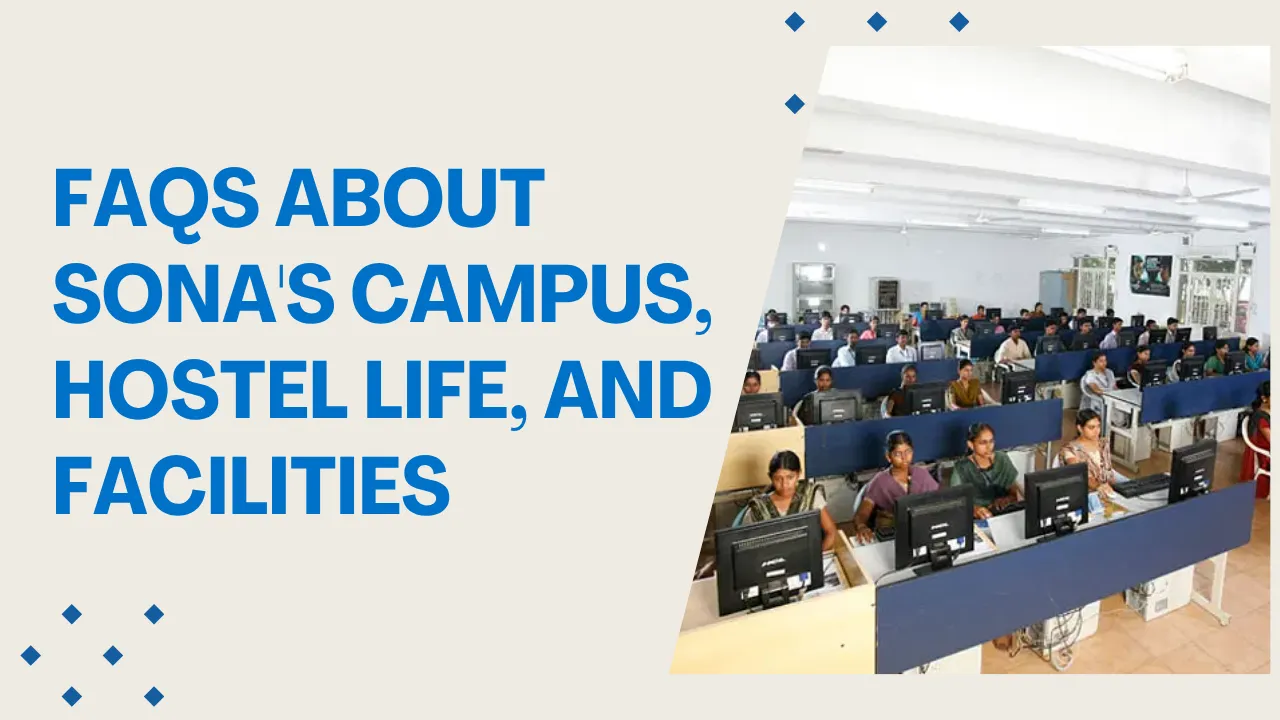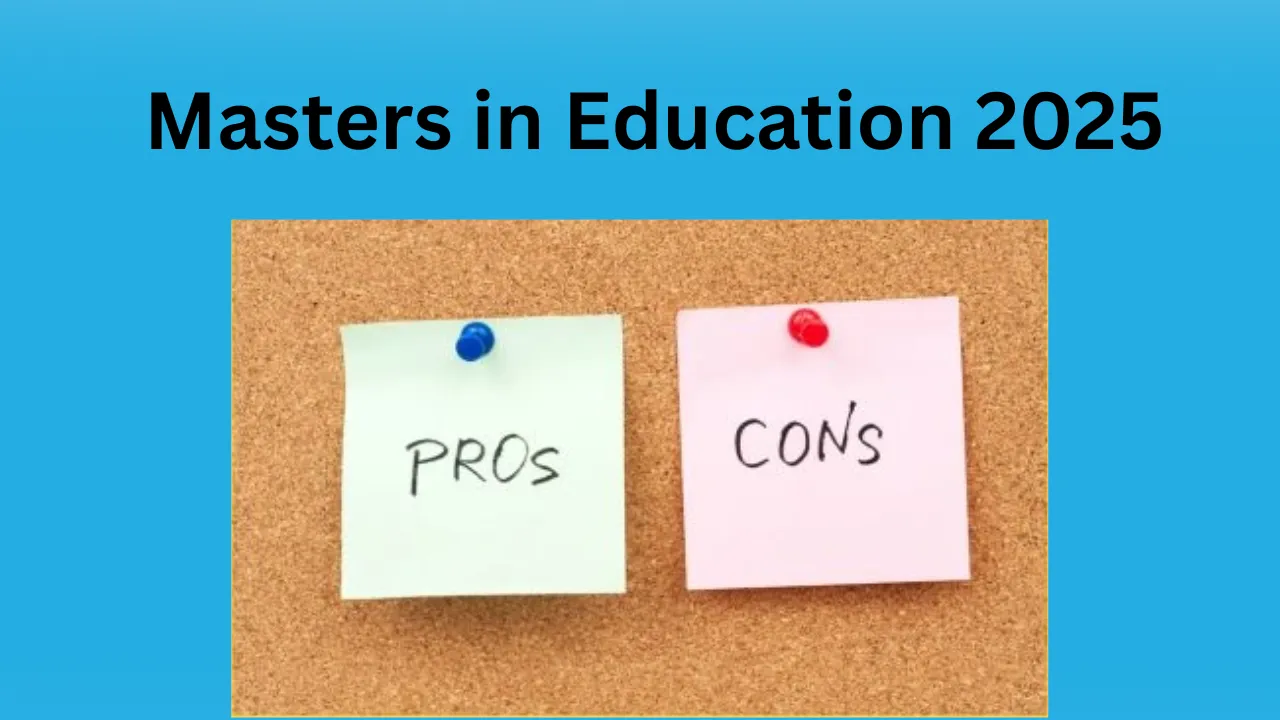Sona’s Business Lab: Entrepreneurship is no longer just a career option—it’s a mindset. With innovation becoming the backbone of economic progress, business schools are shifting their focus from textbook theories to real-world enterprise development. At the forefront of this evolution is Sona School of Management, which actively nurtures student entrepreneurs through a dynamic blend of business labs, incubation support, and startup guidance.
This article explores how Sona creates a fertile ground for budding entrepreneurs to ideate, experiment, launch, and grow their own ventures—all while pursuing their MBA.
Building Entrepreneurial Skills through the Business Lab
Sona’s Business Lab is where entrepreneurial journeys often begin. This is not a traditional classroom; it’s a creative workspace equipped with tools that help students translate business ideas into working models. The lab enables market simulations, financial forecasting, consumer testing, and product development planning—all in a safe, encouraging environment.
Students use this space to brainstorm, collaborate in teams, analyze consumer behavior, and test prototypes. They also present their ideas in lab sessions, receiving valuable feedback from peers and faculty. This interactive environment instills critical thinking, adaptability, and confidence—qualities essential to becoming an entrepreneur.
Hands-On Learning and Innovation
The emphasis on experiential learning ensures that students don’t just study business concepts but apply them. In the Business Lab, they learn how to validate an idea, define a target audience, study competition, and build a scalable business plan. Simulations on pricing, inventory, and cash flow management allow them to understand operational dynamics early in their journey.
The hands-on experience is designed to reduce the risk of failure when students eventually launch real ventures. By the time they reach the incubation stage, they’ve already made mistakes, learned, and adapted—all within a learning environment.
A Dedicated Incubation Cell to Support Start-Ups
Once a student’s idea is refined and validated, it can progress to the Incubation Cell, where ideas turn into businesses. Sona’s incubation support provides startup founders with space, mentorship, technology access, and structured growth plans.
Students receive one-on-one guidance from mentors and visiting industry experts who help them fine-tune their business model, set realistic milestones, and address operational challenges. The incubation program also provides help in areas like legal formalities, financial planning, branding, and digital marketing—key areas for any startup’s early success.
Mentorship and Industry Exposure
One of the most powerful elements of Sona’s startup ecosystem is the mentorship network. Students have access to professionals across industries—entrepreneurs, investors, and corporate leaders who have real-world experience. These mentors not only offer guidance but also open doors to valuable industry connections.
Regular startup clinics, mentoring circles, and guest lectures offer students insights into real challenges faced by business founders. It’s a chance to learn from others’ successes and failures, and to ask questions that aren’t always covered in textbooks.
Entrepreneurship in the Curriculum
Entrepreneurial thinking is embedded in the MBA curriculum at Sona. Courses focus on business model innovation, startup finance, market entry strategies, and growth hacking. Students are encouraged to develop their business plans as part of their coursework, receive faculty input, and present in front of review panels.
This approach ensures that entrepreneurship is not treated as an optional pursuit but as a core skill set for all MBA graduates. Whether or not students start a business immediately, the entrepreneurial mindset equips them to lead innovation in any organization.
Start-Up Competitions and Innovation Challenges
To foster competitive spirit and creativity, Sona organizes annual startup competitions, pitch days, and hackathons. These events simulate real-world entrepreneurial pressure—students must think fast, work in teams, solve complex problems, and pitch their ideas under strict time limits.
Winners receive rewards such as incubation opportunities, small seed grants, or mentoring hours. However, the real prize is the experience gained—learning how to develop an idea quickly, present it persuasively, and answer tough questions from seasoned judges.
Real-Time Market Testing
Sona encourages students to test their ideas in the real market before fully launching. Some run pilot programs within campus or the local community. Others build small e-commerce websites, test services online, or offer prototypes to early customers.
This live testing helps refine pricing strategies, understand customer feedback, and adapt products before scaling. These early experiments are often the turning point where a good idea becomes a viable business.
Access to Funding and Investment
For any entrepreneur, funding is a crucial stepping stone. Sona’s startup support ecosystem includes exposure to angel investors, venture capitalists, and startup grant programs. The college regularly invites investment professionals to interact with students and explain how funding works—from bootstrapping to Series A.
Students learn how to create investor decks, present financial projections, and negotiate terms. Some even get the opportunity to pitch live during demo days or entrepreneurship summits organized on campus.
A Thriving Start-Up Community
Entrepreneurship thrives in a culture of collaboration, and Sona actively nurtures that spirit. Students form peer support groups, share feedback, and co-create ideas. Weekly forums allow teams to discuss challenges, pitch pivots, or look for co-founders.
This startup community includes alumni who have launched successful ventures and now return to share insights or offer internships. This bridge between current students and past entrepreneurs adds depth to the startup culture and builds continuity.
Alumni Success and Inspiration
Sona takes pride in its growing list of alumni who’ve successfully built businesses in sectors like retail, technology, wellness, and education. These founders often return to campus not only to speak but also to mentor and even invest in emerging student startups.
Their stories are both practical and inspirational. They give students a realistic view of entrepreneurship—the long hours, the failed attempts, the moment when it all clicks. This connection to real journeys helps students stay grounded and motivated.
Entrepreneurial Mindset Beyond Business
Even for students who choose not to start a company immediately, Sona’s programs instill a mindset that’s invaluable in any career: creativity, resilience, problem-solving, and independent thinking. These are traits every organization values, especially in leadership roles.
Students graduate not just as managers but as builders—of products, services, teams, or strategies. Whether they work in startups, corporates, or family businesses, they bring with them the attitude of entrepreneurs.
Final Thought
Sona School of Management doesn’t just teach students how to run a business—it empowers them to build one. From idea to incubation, from pitch to launch, every step of the entrepreneurial journey is supported through infrastructure, mentorship, learning, and real-world exposure.
If you’re dreaming of launching your own venture or leading innovation in your field, Sona provides the perfect environment to start that journey. Have questions about how to get involved or take your first step? Drop a comment below or explore more on how entrepreneurship is shaping the future of business education.

















